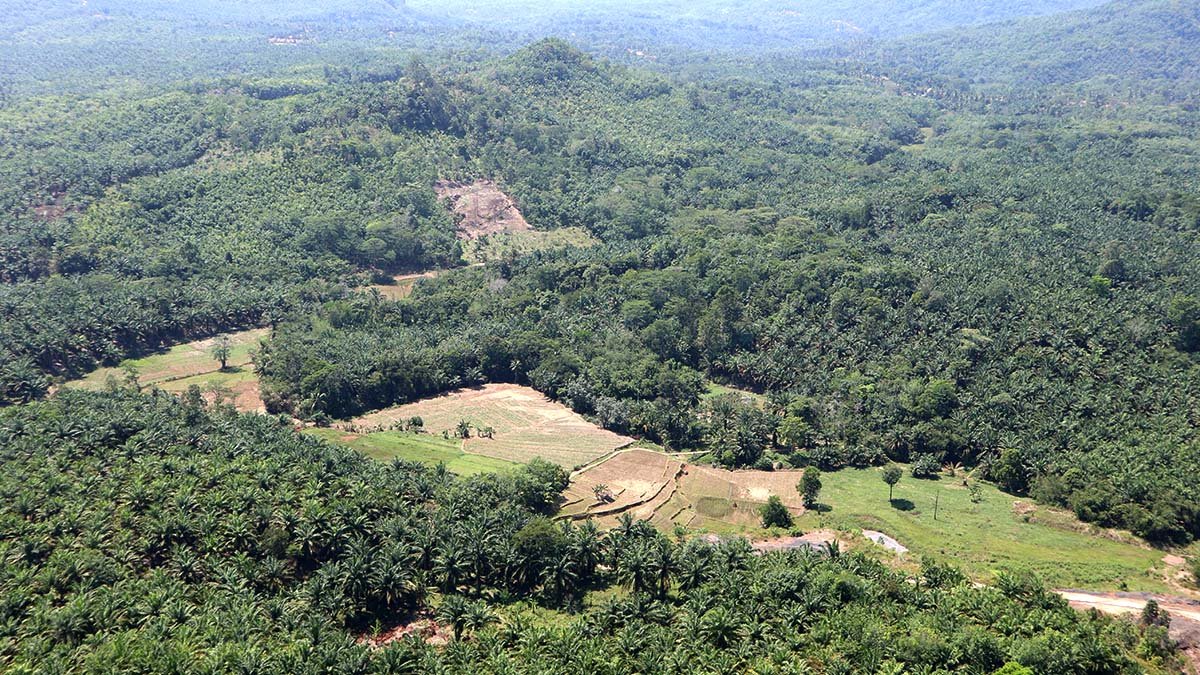PALMOILMAGAZINE, JAKARTA — The debate over forest area management in Indonesia continues to draw attention, but efforts to improve governance must not lose momentum. Professor of Law at Pancasila University, Prof. Agus Surono, stressed that solutions must be built on a strong, comprehensive legal framework that prioritizes both public interest and environmental sustainability.
According to Prof. Agus, the issuance of Presidential Regulation (Perpres) No. 5 of 2025 is part of a long-awaited reform in natural resource governance. However, its implementation must not be partial or rushed — it should adhere to established legal principles.
“The Constitutional Court’s Decision No. 45 clearly states that the process of forest area designation must go through a complete legal sequence — starting from appointment, boundary demarcation, mapping, and finally, formal designation. This is not just a technical procedure, but also a guarantee of legal certainty for the people,” Prof. Agus said in a discussion attended by Palmoilmagazine.com in early May 2025.
Also Read: RPN, BPDPKS, and Ditjenbun Conduct Palm Oil Training to Enhance Labusel Farmers’ Competence
He warned that irregularities in the forest area designation process could trigger prolonged land tenure conflicts. In one instance, Prof. Agus advised the Presidential Working Unit for Development Supervision and Control (UKP4) that a gradual, transparent approach to forest designation is essential to reducing the risk of disputes.
“If the process is conducted honestly and openly, communities will find it easier to understand and accept the policy. This also protects them from the risk of criminalization caused by overlapping land claims,” he emphasized.
While welcoming the government’s determination to address overlapping land issues through the new Perpres, Prof. Agus pointed out that field realities are far more complex. Forest area structuring intersects not only with forestry but also with agriculture, plantations, and mining sectors.
“Therefore, efficiency measures must not come at the expense of legal steps that are prerequisites for forest area designation. Skipping these would only create new forms of injustice,” he noted.
In terms of law enforcement, Prof. Agus also underlined the importance of applying the principle of ultimum remedium — using criminal law as a last resort after administrative and civil measures have been exhausted.
“This approach is crucial to ensure that communities are not constantly living in fear of legal prosecution. The state should give them space to understand, adapt, and participate in the forest area governance process,” he concluded. (P2)
